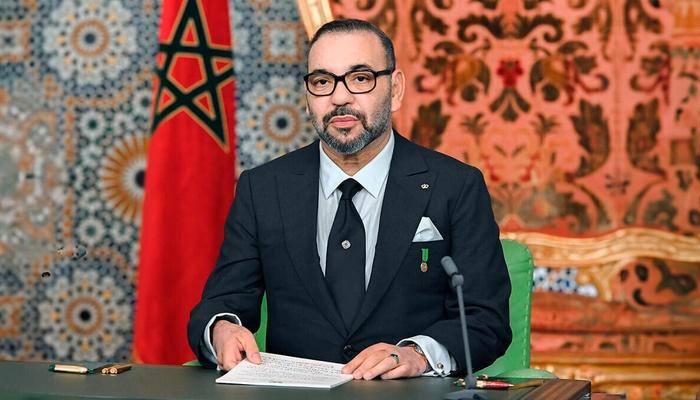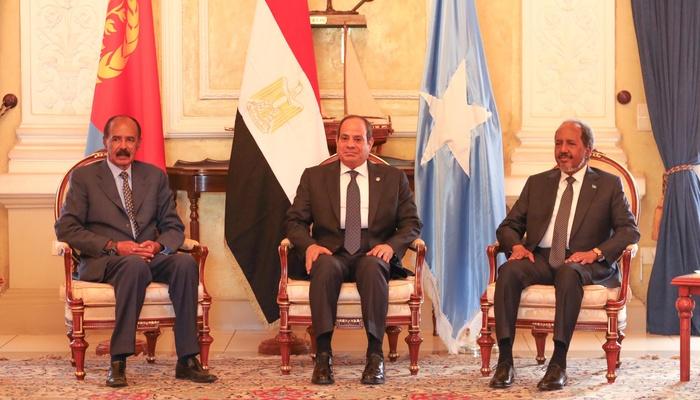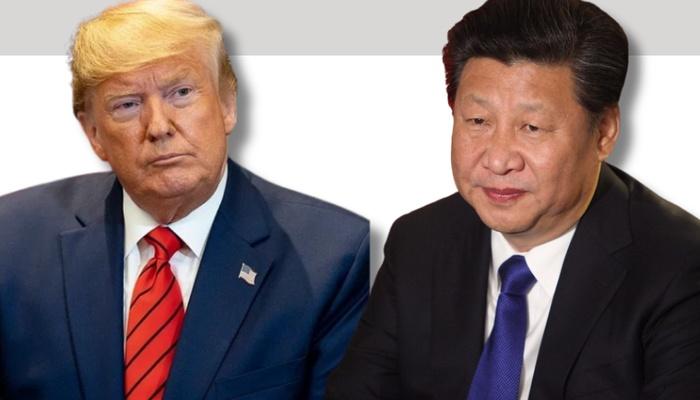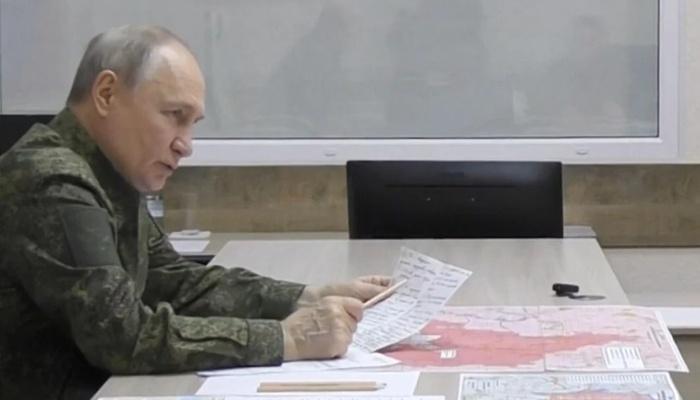President Obama's remarks concerning IS
World leaders and senior officials from 60 countries met together in Cardiff, Wales for the first NATO summit since 2012 on September 4th and 5th. During the summit, the alliance discussed and made decisions about such issues as their on-going action in Afghanistan, recent unrest in Ukraine and other such important world security issues as the rise of the terrorist organization of Islamic State (IS) in Iraq and Syria. Leaders from the NATO member countries had the opportunity over the course of the meeting to address the summit on various issues of international importance, especially in regards to potential threats and security concerns. Amongst the leaders who made statements was the United States President Barrack Obama.
President Obama spoke at the Summit on Friday, September 5th about the United States’ plan to fight against IS. In his speech, President Obama first outlined NATO’s commitment to world security and then revealed his plan to ultimately dismantle IS. President Obama then declared it was his intention, with the unanimous support of NATO, to not just contain or deter IS, as he had suggested in an earlier speech, but to dismantle and destroy its capabilities by severely diminishing its territory, command and control chain and leadership. He stated that destruction was the only option as the organization was too large and too unwavering to be merely pushed back.
IS is a terrorist group made up of Sunni jihadists (religious extremists) connected to the Muslim Brotherhood and the Sons of Iraq. The group is primarily located in Iraq and into Syria and has endeavored to create a Sunni caliphate to conquer and control all Muslim territory across the world. IS primarily targets Shia Muslims, especially Shias living in Iraq, under the claim that their practices and beliefs are false and blasphemous. The group has attacked both civilian and military targets and has claimed responsibility for thousands of killings. The group’s growing size, abhorrently violent acts (that seem to increasingly include the Western world), and menacing goals, in connection with its murderous past, have caused the group to be globally considered an increasing threat. It is important to note that IS is currently not working in connection with al-Qaeda or Hamas, but rather the group sees them as illegitimate forces in the leadership of jihad that should be conquered.
President Obama’s speech at the NATO summit is in close accordance with the remarks he has made both previously and in the days following as well as with those made by British Prime Minister David Cameron and United States Secretary of State John Kerry regarding their intentions and plans for destroying IS. As indicated by related statements, President Obama’s plan seems primarily dependent upon both action and allies. Insofar as action, the United States has sent close to 1,700 troops and launched a series of around 160 airstrikes in Iraq under the claim of protecting American facilities and providing humanitarian aid against IS attacks. Additionally, in the wake of IS killings of both British and American hostages and the group’s recently released videos which suggest an attack on U.S. soil, President Obama has authorized the assassinations of key IS leaders. In regards to allies, the United States claims to have the official support of 40 other countries, 7 of which are members of NATO. Furthermore, Secretary Kerry recently met with the United States’ Arab allies who agreed to work with the United States to fight against terrorism and IS in particular.
President Obama appears to be basing his combat strategy around increasing funding and air support to fighters already in the area rather than sending in American ground forces. This approach seems especially prudent in the wake of decades long involvement in the Middle East; however it may a tactic that will prove difficult to maintain especially as Washington has recently expressed concern over the inefficiency of Iraqi security forces and has suggested the need to supplement their efforts. While the president has adamantly and repeatedly affirmed he will not send US troops into combat, officials from the Pentagon have reported the opposite, which puts the longevity of the President’s words into question. However, President Obama has already requested $5 billion from the United States Congress in counterterrorism funding to act against IS, $500 million of which is earmarked for training and supplies for “moderate” Syrian rebels, so it is likely he will pursue, at least in part, a similar such approach in Iraq. In addition to aiding Iraqi and Syrian ground forces, it can be expected that American airstrikes will continue in order to block actions by IS and provide humanitarian aid to those suffering from their attacks. Finally, it is probable that the United States will continue to carry out counterterrorism intelligence operations in the area in order to better predict the actions of IS and as a result be more successful in combating them.
Apart from NATO and Arab allies, there is surprising potential for the United States to form alliances with both Iran and Russia. Iran’s Ayatollah Khamenei has engaged in discussions with Kerry and has suggested support militarily. Furthermore, IS has vowed to liberate Chechnya and Russian Muslims, which may provide some of the necessary motivation for an alliance. On a more global scale, the United States is expected to make a request for support at the upcoming United Nations General Assembly.
It may also prove a challenge for President Obama to gain support from his own country. While recent polls have shown that the majority of Americans support action against IS, the President and many members of Congress are in disagreement about the necessity of Congressional approval to act against IS. If Obama does seek permission from Congress it will likely cause disagreements and lengthy discussion about the best course of action, which could delay further involvement. However, the majority of Congress seems to support continued counterterrorism intelligence, airstrikes and funding for rebels already on the ground, which could expedite the process.









